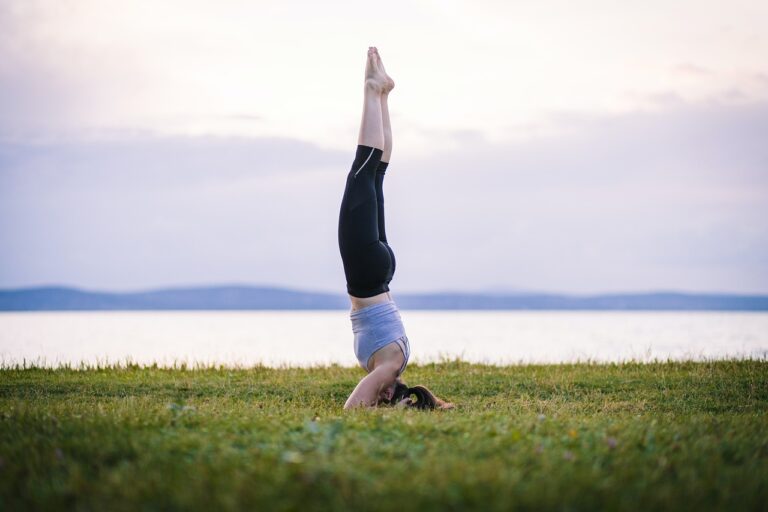Understanding the impact of misinformation on infectious disease prevention: Bet bhai 9, Playexch9 com login, Lotus365win
bet bhai 9, playexch9 com login, lotus365win: Rheumatology and Meditation Retreats: Finding Peace in Nature
Living with a rheumatic condition can be challenging. The pain, stiffness, and fatigue that come with these conditions can often take a toll on both physical and emotional well-being. However, many people have found relief and solace in meditation retreats that combine the healing powers of nature with mindfulness practices.
Meditation retreats offer a unique opportunity to disconnect from the hustle and bustle of daily life and reconnect with oneself. By immersing oneself in nature, participants can find a sense of peace and calm that is often hard to come by in our fast-paced world. This can be especially beneficial for those living with rheumatic conditions, as stress and anxiety can often exacerbate symptoms.
One of the key benefits of attending a meditation retreat is the opportunity to learn and practice mindfulness techniques. Mindfulness involves paying attention to the present moment without judgment, and can be a powerful tool for managing pain and stress. By learning how to cultivate a sense of awareness and acceptance, participants can better cope with their symptoms and improve their overall quality of life.
In addition to mindfulness practices, meditation retreats often include gentle movement exercises such as yoga or tai chi. These practices can help improve flexibility, strength, and balance, which are important for managing rheumatic conditions. By incorporating these exercises into their daily routine, participants can help alleviate pain and improve their physical well-being.
Furthermore, meditation retreats provide a supportive community of like-minded individuals who are also seeking healing and self-discovery. By sharing their experiences and insights with one another, participants can feel a sense of connection and belonging that is often lacking in their everyday lives. This sense of community can be a valuable source of support and encouragement, especially for those living with chronic illnesses.
Overall, meditation retreats offer a holistic approach to healing that can benefit individuals living with rheumatic conditions. By combining the restorative power of nature with mindfulness practices and gentle movement exercises, participants can find relief from pain and stress, improve their quality of life, and cultivate a sense of peace and well-being.
If you are considering attending a meditation retreat to help manage your rheumatic condition, here are a few FAQs to consider:
1. What should I bring to a meditation retreat?
It’s important to pack comfortable clothing, a yoga mat or cushion for sitting, any medications or supplements you may need, and an open mind and heart.
2. Will there be medical staff on-site in case of an emergency?
Most meditation retreats will have staff trained in first aid, but it’s always a good idea to bring any necessary medical supplies or contact information for your healthcare provider.
3. Are meditation retreats suitable for beginners?
Yes, most retreats welcome participants of all levels, including beginners. The instructors will guide you through the practices and provide support along the way.
4. How can I continue my mindfulness practice after the retreat?
Many retreats offer resources and recommendations for continuing your practice at home, such as guided meditation recordings or online courses. It’s important to find what works best for you and integrate mindfulness into your daily life.
In conclusion, meditation retreats can be a valuable resource for individuals living with rheumatic conditions. By immersing oneself in nature, practicing mindfulness techniques, and connecting with a supportive community, participants can find relief from pain and stress, improve their physical and emotional well-being, and cultivate a sense of peace and balance in their lives.







